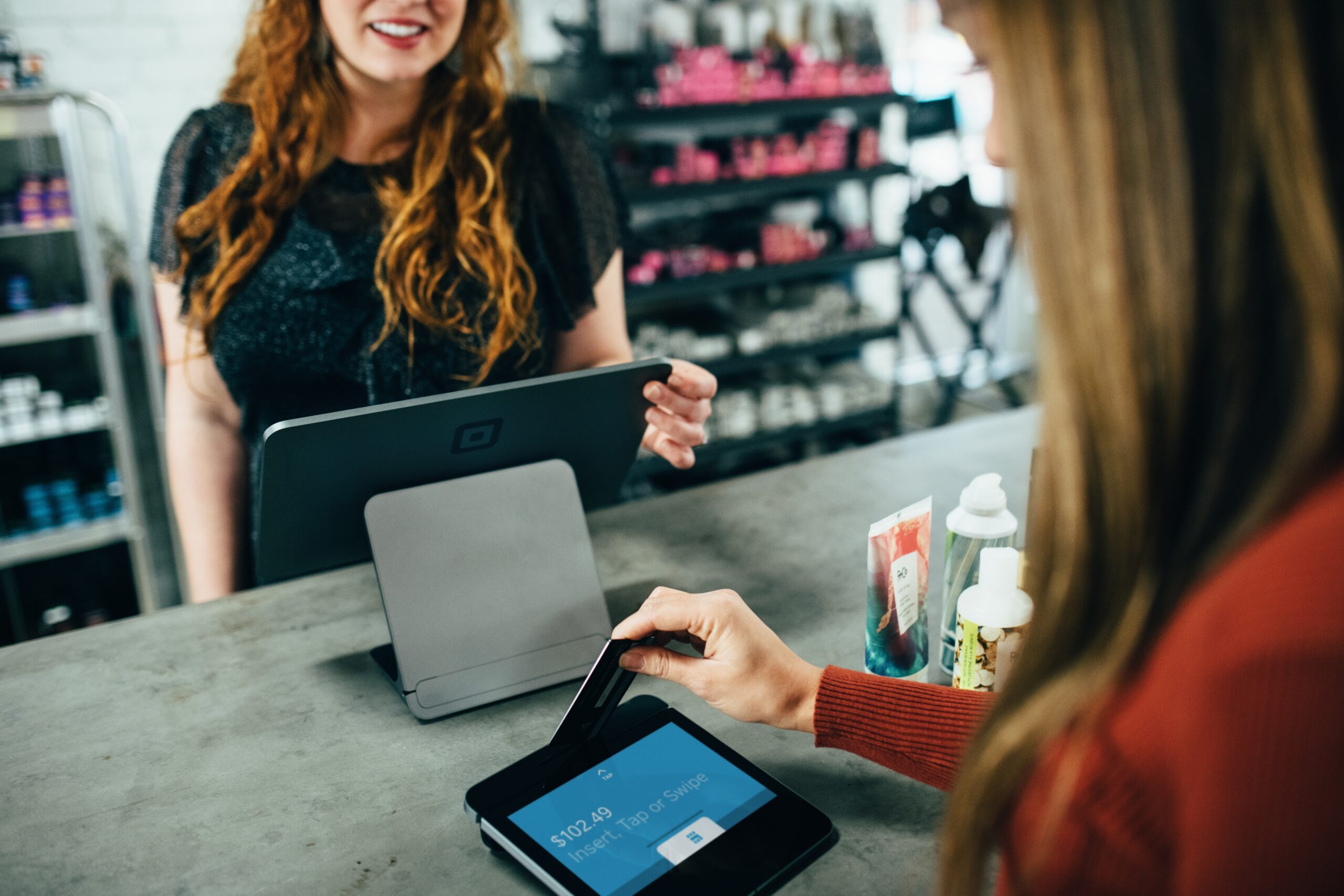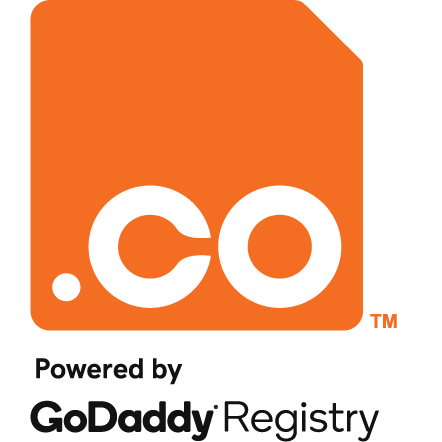 Lisa Gansky. Author. Entrepreneur. Instigator. Twitter: @instigating and @sharethemesh www.meshing.it
Lisa Gansky. Author. Entrepreneur. Instigator. Twitter: @instigating and @sharethemesh www.meshing.it
There’s a guy I know not far from my home in the Bay Area who started making wine in his garage. When dozens of his neighbors stopped by to help out, he got the idea to create a business where people could make world-class wines without having to buy a vineyard in Napa. His company, Crushpad, provides access to the grapes, machinery, and all the expertise you need to make a really good Cabernet or stellar Sauvignon Blanc. His customers get to roll up their sleeves and help with the grape crush —and these aspiring vintners fly in from all over for the harvest. But you can also make wine from afar by using the Internet and UPS; choose your grape varietal, monitor the harvest and fermentation, and even create your label and sell your own brand on the Crushpad website. Crushpad is a nearly perfect example of a share-based business.
Most companies have stubbornly stuck to various twists on a single tried-and- true formula: Create a product or service, sell it, and collect money. Just sell the guy a dishwasher, and watch him walk out the door. Few businesspeople, including most entrepreneurs and investors, have imagined creating wealth or customer any other way. Though they may use social media to market their products, their minds are still stuck in a 2-D buyer/seller/own-it world.
Yet around this entrenched way of thinking, a new model is thriving, one that I call “the Mesh.” Enter the Mesh. That’s what I call the rapidly growing network of sharing-based goods and services. The Mesh is based on having convenient access to what you need and want, without the expense and hassles of owning more stuff. Think Netflix, Spotify, Pandora and ZipCar.
Fundamentally, the Mesh is based on network-enabled sharing—on access rather than ownership. Mesh businesses understand and cleverly exploit the perfect storm of mobile, location-based capabilities and social network growth to give us convenient access to what we want and need, just when we want or need it. This shift to the Mesh is changing the way business is done, and it’s picking up speed.
Why is the Mesh growing so fast? One significant reason is that we are living in a time when anyone, almost anywhere, can reach a market faster, with far less capital required. We now have an enhanced ability not only to leverage existing platforms, but also to refine and test an offering far more quickly than ever before through social media networks and Software as a Service (SaaS) vendors. From email to blogging and media and social platforms like Twitter and Facebook, other people’s money has built global, accessible and inexpensive tools and services where we pay for only what we use.
In the old days, (less than a decade ago), new businesses and communities needed to invest their capital to build and own the infrastructure that ran their business. Today, as businesses or a person with a voice, we access these sophisticated services and simply pay as we go. With SaaS like: salesforce.com, slideshare, 37signals.com, Amazon web services, rackspace, godaddy, Skype, getsatifaction and klout. A young startup can manage a distributed sales, websites, projects, customers, brand reputation and fulfillment with an idea, focused attention and a minimal amount of capital.
And the best news yet: We all benefit. Thousands of Mesh businesses have already been created and scaled up into services that we as citizens, entrepreneurs, designers, parents, innovators, and customers now have at our fingertips.
Some of these Mesh businesses are international enterprises (Like ZipCar, the world’s largest car-sharing service, Velib, Paris bike sharing and Netflix). Many others take advantage of local peer-to-peer (P2P) opportunities that are made possible by the way in which we are all increasingly connected to and can track everything else—to other people, businesses, organizations, and physical things. In this way, the share-based businesses we use everyday at once fuel the Mesh, and exist because of it. Here are some examples, in several categories, straight from the Mesh:
Transportation: It’s never been more convenient, or more affordable, for the carless cruiser to get behind the wheel. RelayRides, the San Francisco-based neighbor-to-neighbor car-sharing service, allows its members to borrow cars from nearby car owners, by the hour or by the day. The company uses advanced data capacity to aggregate user information, and transfers that data through wireless networks to cars in the service. Once your reservation is made and approved, a simple swipe of your RelayPass over the reader installed in a reserved car will unlock the vehicle. Your fully insured ride is just a turn of the key away.
Finance: In the wake of the global social networking phenomena, social lending is starting to ramp up: P2P lending marketplaces have sprouted in Japan, Australia, the United States, Italy, Germany, Brazil and the Netherlands. YES-Secure, for example, is a web-based P2P marketplace that enables lenders to loan money to complete strangers in the United Kingdom. Sounds like risky business, but it’s not: It’s a safe and secure way to make transactions without traditional intermediaries (such as banks). What’s the appeal? Low rate loans and high returns in addition to the sense that you are supporting some specific someone with your funds. It’s a win-win arrangement for lenders and borrowers alike.
Jobs and Vocations: Life is busy, but a meshy life will help you gain convenient access to services when you need and want them—and cut the fluff. TaskRabbit is one of those services. It’s an online and mobile marketplace that helps people live smarter by allowing them to outsource their errands and tasks, often locally. You post a task, and pay when it’s done. It’s as simple as that. Good for you and pumping up local households and economies.
Fashion: Fashion-conscious women may continue to go gaga over the latest styles, but many are becoming aware of the inevitable environmental toll of buying new clothing. So what’s a girl to do? Rent the Runway has an answer: Rent a designer dress for 90 percent less than its retail price. The company guarantees the clothing will arrive prior to the day of a special event, and provides a pre-paid envelope for its return. Best of all, five dollars extra will insure the dress from the moment it leaves Rent the Runway until the moment it returns.
Technology: Companies in this category use sophisticated information systems and high-speed wireless networks to develop tools and platforms for enabling the Mesh. SeeClickFix, for instance, allows anyone to report and track non- emergency issues anywhere in the world via the Internet. This empowers citizens, community groups, media organizations, and governments to take care of and improve their neighborhoods. Join the self-reinforcing loop: Take the time to report and issue, see it get fixed, and become more engaged in your local community.
Do It Yourself (DIY): Build. Craft. Hack. Play. Make. Sound appealing? Check out Maker Faire, the two-day, family-friendly event series that celebrates creatives who like to tinker and love to make things. Maker Faire aims to inspire, unite, inform, and entertain a growing community of highly imaginative people who under-take jaw-dropping DIY projects in their basements, backyards, and garages. Events like this, and marketplaces such as Etsy, make it possible for DIY makers and crafters to share their projects and sell their handmade creations.
There are now over 3,000 share-based companies in the online Mesh community directory at www.meshing.it. More are coming online daily. The competitive advantages for Mesh companies are so enormous that the new model has become the major driver for businesses old and new. The Mesh is flourishing—inefficient and wasteful ownership models are eating its dust.




